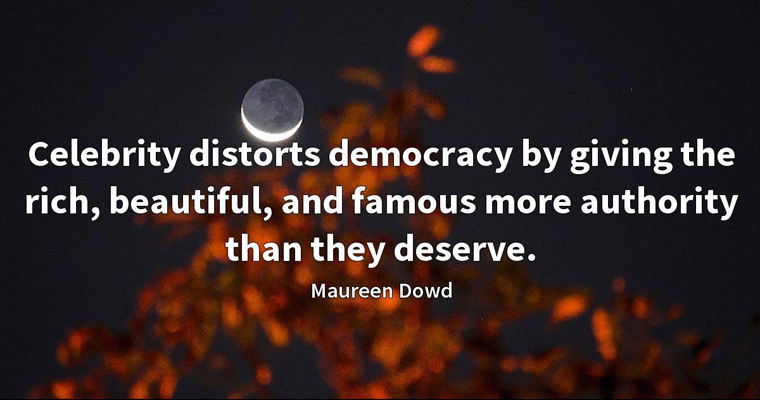
For most of human history, society and government have been organized in other than democratic form, including many variations of monarchy, autocracy and theocracy. In this day and age, we tend to speak of these other systems in a highly pejorative way and view democracy as the pinnacle of governmental systems.
Historically however, one can observe that despite the obvious pitfalls and inadequacies of nondemocratic forms of government, human culture survived and thrived under it for many thousands of years. In fact, much of what we now take for granted – agriculture, science, writing, monumental architecture, exploration and art – was a direct byproduct of past nondemocratic cultures. Thus we may conclude that despite shortcomings, nondemocratic forms of government were nonetheless capable of supporting an enormous advance of human culture over the ages.
The renowned Greek philosopher, Plato (427-347 BC), was no fan of democracy, and in his comprehensive work, “The Republic,” he offered specific criticisms. Overall, they included his concern that “popularity contests” will not produce wise nor effective leaders, that democracy too easily falls under the control of tyrants and that decisions made by an uneducated and uninformed citizenry will be poor. These are legitimate concerns, all the more so for American democracy as the number of voters declines, the quality of information available to the public decreases and the mass media is controlled by only a few huge multi-national corporations. Moreover, as the popularity contest mentality of our electoral process ever more resembles a Hollywood Oscar gala, personality cults dominate politics instead of thoughtful discussion, and debates become opportunities for 30-second finger-pointing sound bites that get replayed endlessly by a media that is far less interested in educating the public than it is in holding audience attention for commercials.
While the parliamentary system is not perfect, at least the leaders of the parties that attain the highest office have experience in leadership and have gained the confidence and respect of their peers. Here in America, we suffer the repeated indignity of the election of ambitious yet tepid leaders with limited experience and vision, who lack benevolence, insight or wisdom. Accordingly, they often resort to saber-rattling and aggression to prove their talent, sending young boys and girls to war to demonstrate how tough and resolute they are.
Democracy, if it is to be effective, requires an educated, engaged citizenry capable of understanding the complexities of governance and policy development. The “innate wisdom” of the individual is not enough to insure that we elect good leaders, nor is blind allegiance to our calcified winner-take-all, two-party system. The hostile polarity demonstrated in our national and state government masks a serious underlying dysfunction that points to the need to immediately reassess our governance and the structure supporting it. The complexities and problems of modern society and the world at large reveal that our 200-year-old version of democracy is now incapable of developing a cohesive and consistent vision of the future, and a plan of how to get there.
Unless we begin a process of structural change in our democracy, including the validation and support of a true multi-party system, preferential ranked-voting for elective offices, increased and fair media access for candidates and comprehensive campaign finance reform that eliminates influence peddling, we risk seeing our democracy fall prey to all the ills foreseen by Plato, and worse.